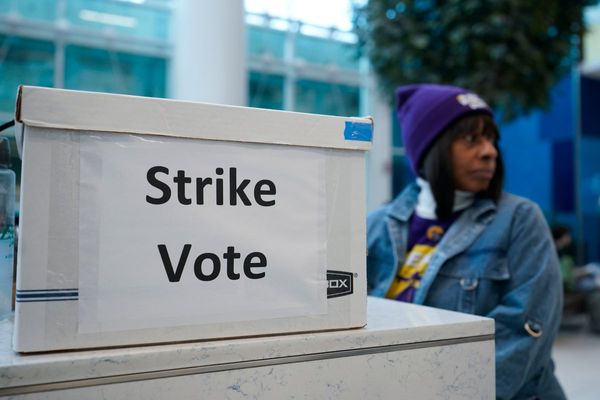Nvidia (NVDA) shares moved lower Wednesday ahead of the chipmaker's fourth quarter earnings after the close of trading that is expected to focus on gaming and data center demand.
After taking a knock from the collapse of its planned $40 billion takeover of Arm Holdings, a U.K.-based chip designer, Nvidia will be under added pressure to detail its 2022 profit forecasts as it seeks to capture a surge in data center chip demand -- where analysts peg the total addressable market at around $100 billion by 2024 -- as well as ongoing gains in the gaming and crypto mining segments.
Nvidia had called the Arm deal a "great opportunity for the industry" on its third quarter earnings call in November, but noted that it was being probed by the China Antitrust Authority as well as regulators in the U.S. and Europe.
Softbank, which purchased Arm for around $32 billion in 2016, is now planning to list the chip designing business.
In terms of Nvidia earnings, analysts are looking for a January quarter bottom line of $1.22 per share on revenues of around $7.42 billion, a 48.4% increase from the same period last year. Gaming revenues are forecast to rise around 9.5% from last year to $3.34 billion, with data center sales rising 10% to around $3.12 billion.
Last month, Taiwan Semiconductor Mfg. Co. Ltd., (TSM) the world's biggest contract chipmaker and a lead supplier for Apple (AAPL) iPhones, said it would boost capital spending to between $40 billion and $44 billion this year, a 33% increase from 2021 levels, and doubled its compound annual growth rate targets for revenue to between 15% and 20% amid what it called a "multi-year industry megatrend" for global semiconductor demand.
"Demand continues to outpace supply, particularly in gaming," said Oppenheimer analyst Rick Schafer. "Management is increasing dual source capacity with foundry partners TSMC/Samsung and constraints are expected to ease considerably in the second half of the year"
Nvidia shares were marked 1.8% lower in early Wednesday trading to change hands at $260.10 each, a move that would leave the stock with a year-to-date decline of around 14%.
"Inflation does not mix well with semi stocks," said BMO Capital Markets analyst Ambrish Srivastava. "Along with shares of other companies with high valuations, share of Nvidia have taken a beating so far this year."
"We would expect semis to underperform in an environment of rising yields, with stocks with high valuation, in particular, seeing the largest under performance," he added. "However, over the longer term, the correlation between the two weakens considerably; we see the company as the best positioned to continue to drive earnings, free cash flow and revenue growth based on the expanding reach of its compute capabilities."







